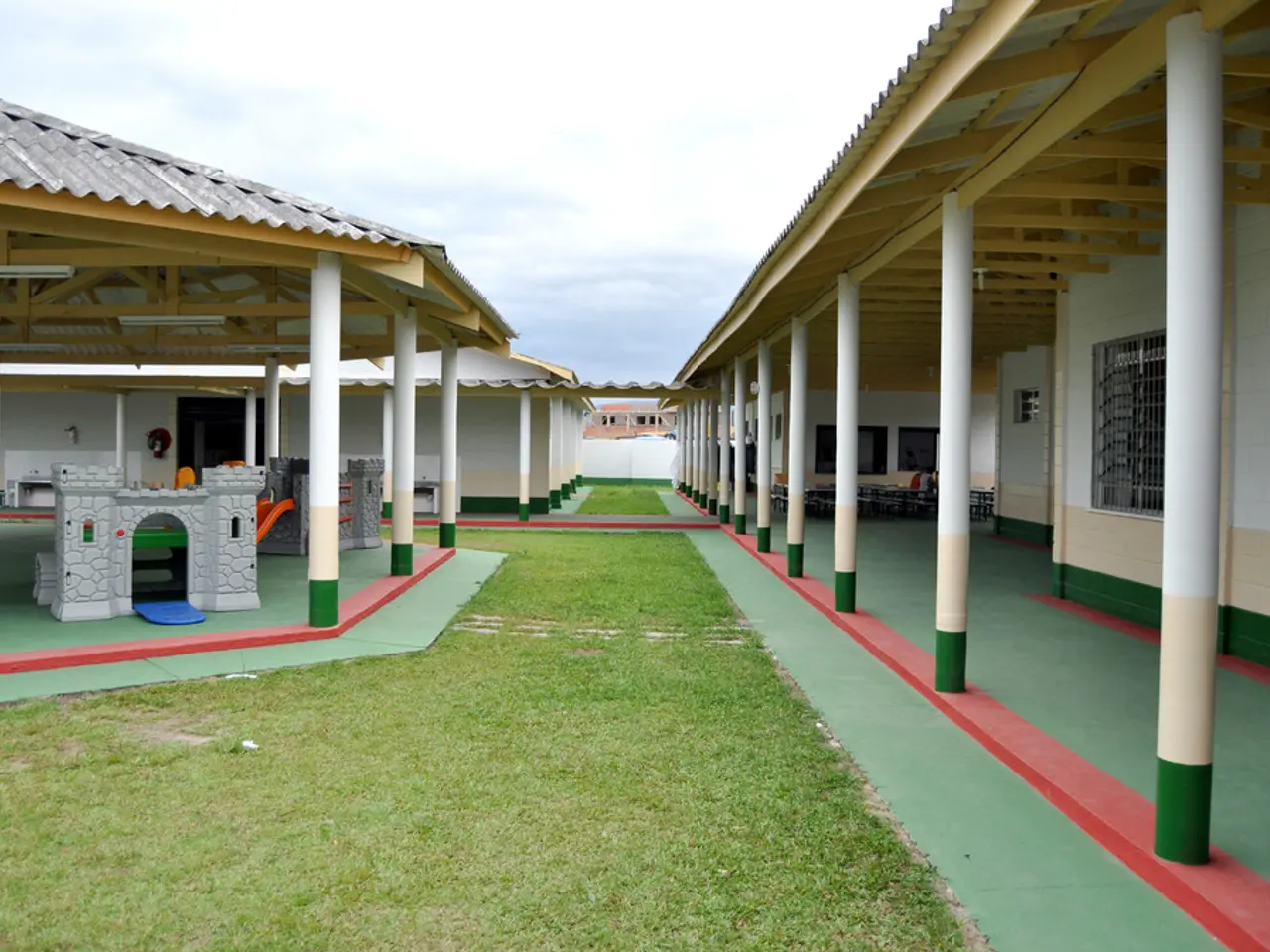Aid for Sasho: Support in Need
In the heart of Hamburg, a 63-year-old man named Sasho was living in poor health for months, with a swelling between his legs as large as a basketball. His situation drew attention from volunteers at the Health Mobile and Hinz&Kunzt, who met him at the main station in October 2022. The diagnosis from the doctor on the Health Mobile was an inguinal hernia, and an operation was urgently necessary.
Despite his lack of identification papers or health insurance, the Israelitic Hospital in Alsterdorf agreed to perform the operation. The procedure, which lasted over five hours, was a success, and Sasho spent two weeks in intensive care recovering. Afterwards, he expressed his gratitude, saying, "I'm glad to be alive."
Long-term homeless individuals often face several key challenges when accessing medical treatment. These include barriers to testing and treatment due to serious mental health conditions and substance use issues, digital exclusion, stigma and mistrust, late diagnosis, difficulties with medication adherence, and barriers around post-hospital discharge care. Sasho, too, has had to overcome these challenges.
Communities and hospitals address these challenges through various strategies. Specialized health inclusion teams and outreach services work across disciplines to ensure timely access and adherence to treatment for homeless patients. Hospital-based case management programs focus on care continuity, discharge planning, and bridging gaps in follow-up care for people experiencing homelessness. Care hubs and community outreach programs provide accessible health services tailored to unhoused individuals’ needs. Efforts are also made to reduce stigma by training healthcare providers and adopting approaches sensitive to the social context of homelessness.
Recognizing that housing alone is insufficient, integrated services addressing mental health, substance use, and social supports are necessary to improve health outcomes. Sasho has found a place at the Winternotprogramm site on Friesenstraße, provided by the city's housing provider Fördern & Wohnen. He can now attend a weekly medical consultation, Health Mobile, or the Israelitic Hospital for follow-up care.
However, the complexity of Sasho's situation demands ongoing innovation and coordination among health services, social care, and housing interventions. It's uncertain whether and how much Sasho will be reimbursed for his treatment costs. Despite this, Sasho remains determined to take care of himself to live a little longer. He has faced numerous challenges, but with the support of the community and healthcare providers, he is on the road to recovery.
- Sasho's chronic health issue, an inguinal hernia, required urgent workplace-wellness intervention.
- Sasho's journey highlights the importance of addressing mental-health issues and substance use problems in the context of permanent access to medical-conditions treatments.
- In addition to housing, Sasho now requires fitness-and-exercise routines and skin-care regimens for his general health-and-wellness.
- Therapies-and-treatments and nutrition become crucial components for Sasho's efforts to manage chronic-diseases and maintain a healthier lifestyle.
- Various medical conditions such as chronic-kidney-disease, respiratory-conditions, and other aging-related diseases might surface over time for Sasho, necessitating continued vigilance and preventative measures.
- Given his situation, Sasho seems concerned about the crime-and-justice system, especially regarding accidents and fires that may threaten his newfound health and wellness.
- With his improved health, Sasho is hopeful that Medicare may provide support for ongoing medical-conditions treatment as well as resources for managing chronic-diseases and mental-health issues.
- As Sasho continues his journey towards recovery, the general-news media coverage of his story may help shed light on the challenges faced by the homeless in accessing medical treatment and healthcare services.
- Sasho's struggle demonstrates the need for ongoing advocacy and policy changes to ensure consistent and dignified access to medical-conditions care for all.
- By focusing on Sasho's success story, we celebrate the triumph of the human spirit in the face of adversity and remind everyone of the power of health-and-wellness, fitness-and-exercise, and treatments for mental-health and chronic-diseases in creating a better future.




